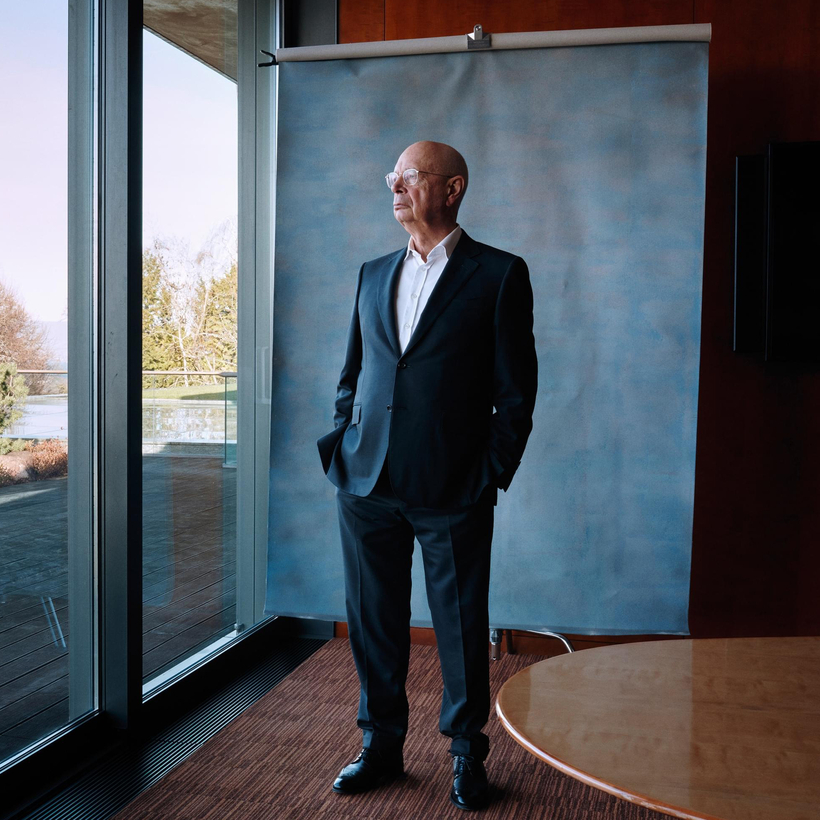Klaus Schwab was the undisputed “King of Davos” for 55 years. But when his downfall came, it was swift.
The 87-year-old founder of the World Economic Forum (WEF), which holds the annual conference in the Swiss alpine ski resort, fought until the end. But over two days in April, beset by allegations of misusing WEF funds, manipulating research and inappropriate behavior with staff, he was forced out of his personal fiefdom.

